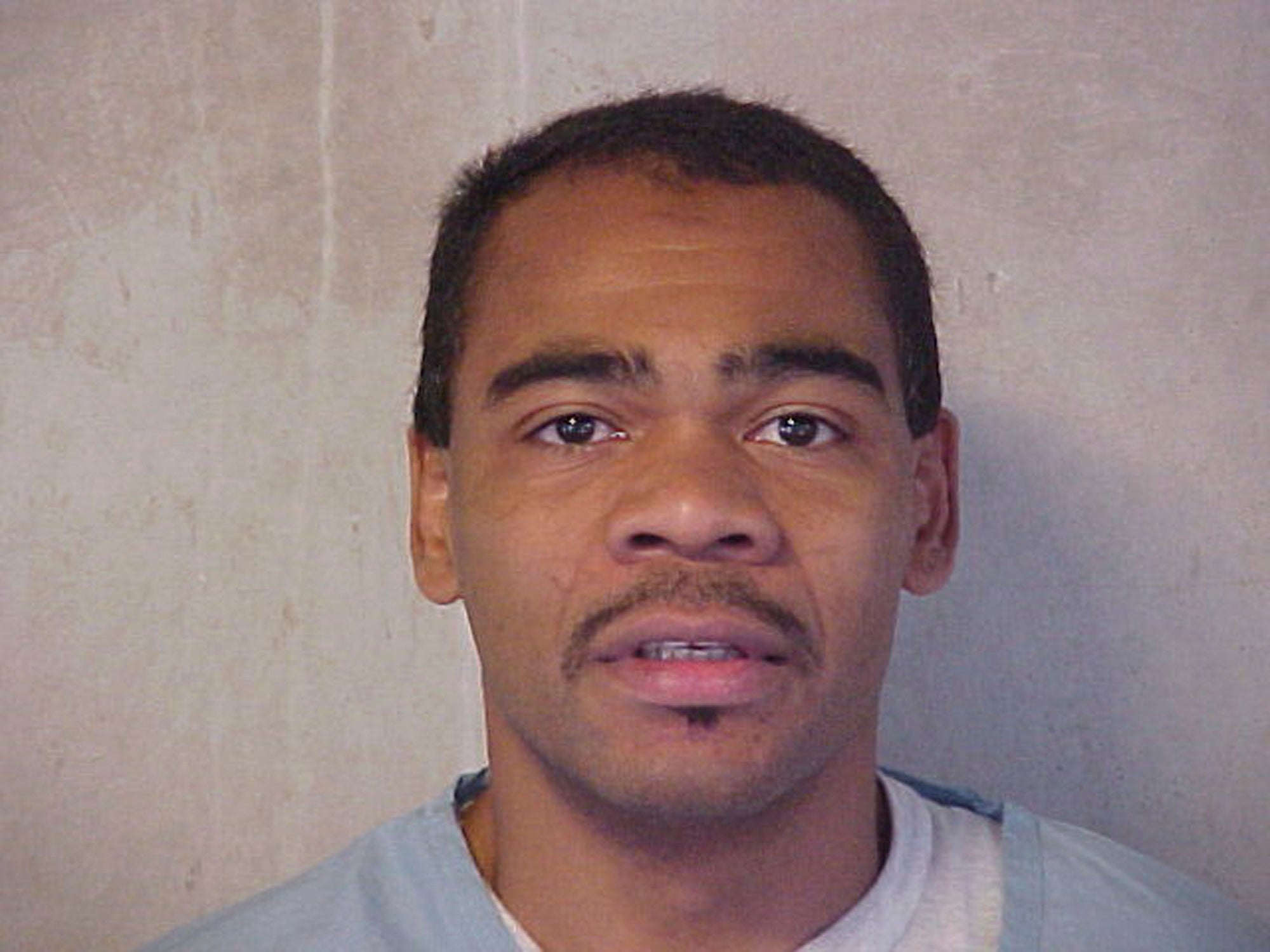Man whose case led to landmark ruling reconvicted by feds
An Oklahoma death row inmate whose legal challenge led to an historic U.S. Supreme Court ruling on tribal sovereignty has been convicted in federal court

An Oklahoma death row inmate whose legal challenge led to a historic U.S. Supreme Court ruling on tribal sovereignty has been convicted of murder and kidnapping in federal court.
A federal jury in Muskogee on Thursday found Patrick Murphy 52, guilty in the 1999 killing of George Jacobs in McIntosh County in eastern Oklahoma. Murphy faces up to life in federal prison when he is formally sentenced, but will avoid the death penalty.
A citizen of the Muscogee Nation, Murphy originally was convicted in state court and sentenced to die. But he challenged his conviction in federal court, arguing the state didn’t have jurisdiction to prosecute him since he was a tribal citizen and the killing happened within the boundaries of the Muscogee Nation reservation.
“I am thankful Patrick Murphy has been held accountable for the vicious killing of George Jacobs,” acting U.S. Attorney Christopher Wilson said in a statement. “Justice was interrupted for a period of time due to the jurisdictional challenges raised by the defendant, but justice was not thwarted."
A telephone message left Friday with Murphy's attorneys wasn't immediately returned.
The case ultimately made its way to the U.S. Supreme Court, which issued a landmark decision last year that because the Muscogee Nation's reservation had never been disestablished by Congress the state did not have jurisdiction there in cases involving tribal citizens.
The Muscogee Nation's reservation encompasses 3 million acres (12,100 square kilometers), including most of the city of Tulsa Based on the high court's ruling, the decision has since been expanded to include the reservations of the Cherokee, Chickasaw, Choctaw and Seminole nations, which cover essentially the entire eastern half of the state. It has led to hundreds of criminal convictions being thrown out, including several death penalty cases, and those cases being refiled in federal or tribal courts.
The case ended up being named for another criminal defendant, Jimcy McGirt, in a case involving similar jurisdictional issues. McGirt also was retried and convicted in federal court.
Bookmark popover
Removed from bookmarks